24, July 2023
Gabon: Ali Bongo to face 18 other presidential candidates in August election 0
Gabon’s leader Ali Bongo Ondimba will face 18 other candidates in next month’s presidential election, authorities announced Monday.
Bongo is favourite to win a third term at the head of the oil-rich West African state ruled by his family for 55 years.
The 64-year-old, who took over from his father, Omar Bongo Ondimba in 2009, officially announced in July that he would run again.
His leading rivals include Alexandre Barro Chambrier of the opposition Rally for the Fatherland and Modernity (RPM) party and the National Union’s head Paulette Missambo.
The opposition failed to agree on a single candidate to challenge Bongo in the August 26 poll, but candidates are former ministers and part of the Alternance 2023 coalition.
Bongo’s powerful Gabonese Democratic Party (PDG) holds strong majorities in both houses of parliament.
The president was narrowly re-elected in 2016, with just 5,500 more votes than rival Jean Ping who claimed the election had been fixed.
Announcement of the results sparked violence in the capital Libreville that left five dead, according to the government. The opposition says 30 people were shot dead by the security forces.
Bongo suffered a stroke in 2018 and spent months on the sidelines recovering, leaving the opposition to question his fitness to run the nation.
In April, the Gabonese parliament voted to amend the constitution and reduce the president’s term from seven to five years.
The presidential ballot will coincide with elections for the National Assembly and regional and local councils.
Gabon is one of the richest countries in Africa in terms of per capita GDP due largely to its oil revenue and relatively small population of 2.3 million.
A third of the population live below the poverty threshold, according to the World Bank.
Source: AFP
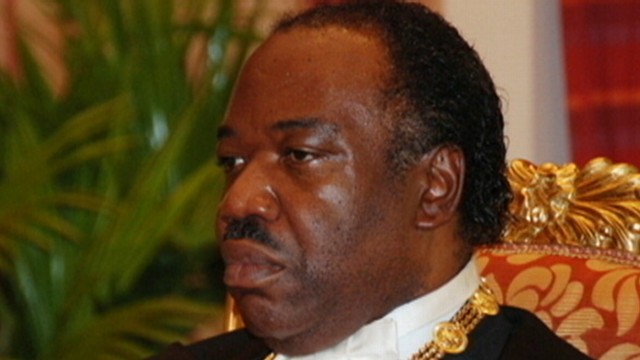

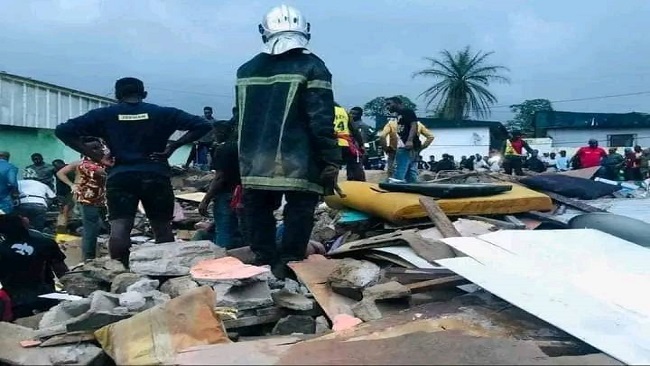
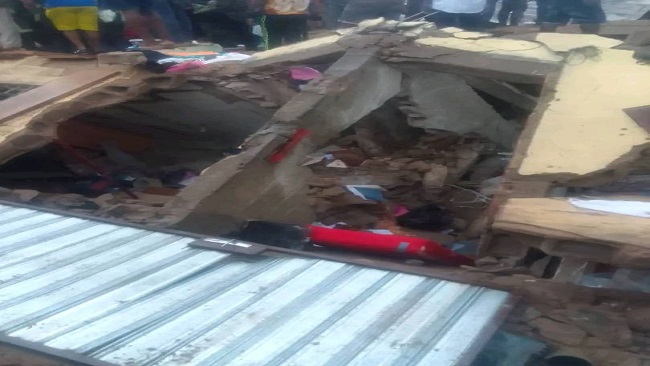
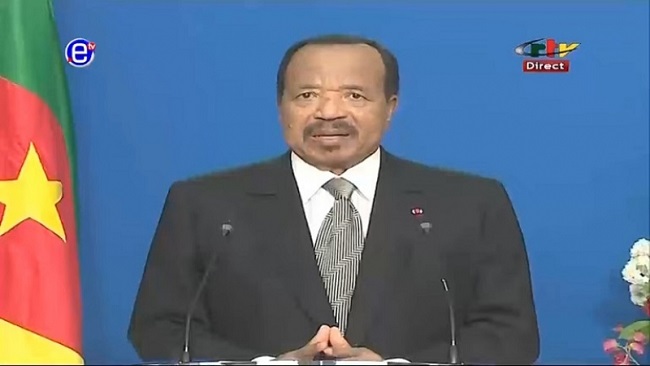
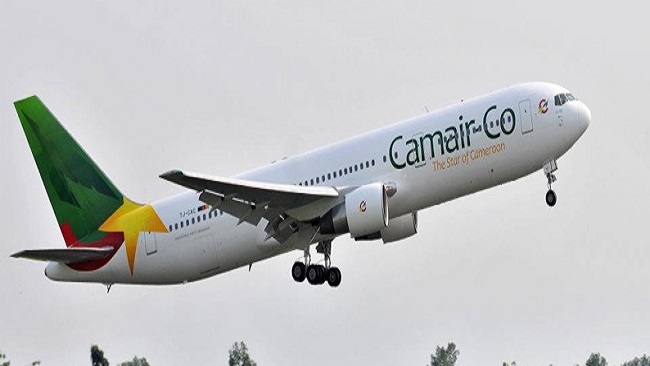
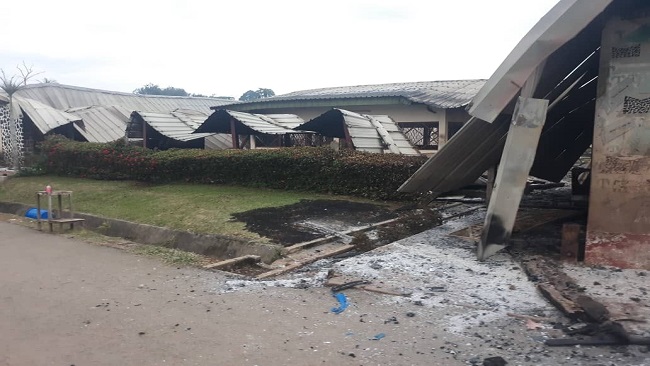
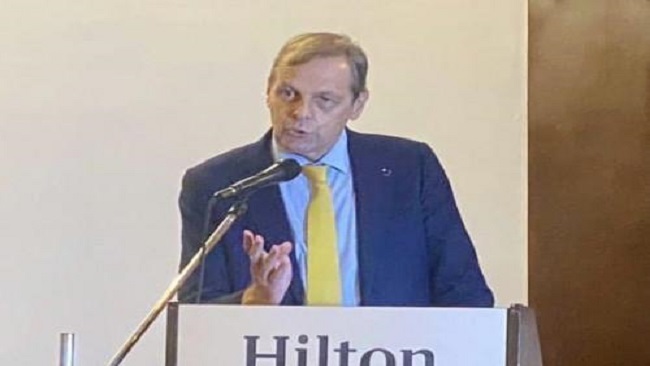
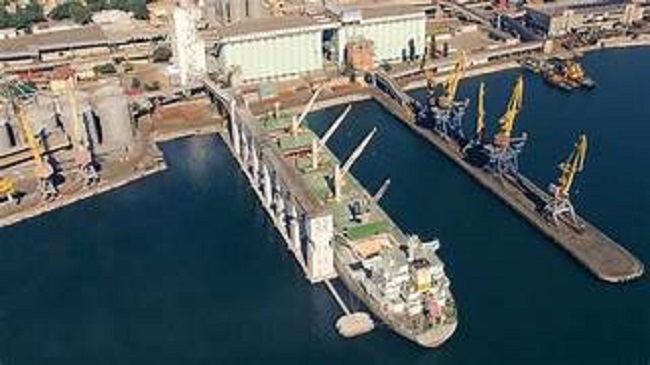


















24, July 2023
Real Madrid Football Club receives Francis Ngannou ahead of fight with Tyson Fury 0
Cameroonian-French professional mixed martial artist Francis Zavier Ngannou is back on social media trends.
The 36-year-old is trending after teaming up with Spanish La Liga giants Real Madrid.
Francis Ngannou and Real Madrid
On the third day of Real Madrid’s training in Los Angeles, Francis Ngannou was there.
When the team was on the UCLA campus, the mixed martial artist stopped by and posed for pictures with some of the athletes.
Among the Real Madrid stars to pose with Ngannou are Brazil star Vinicius Junior, Aurélien Tchouaméni, Eduardo Camavinga, and Éder Militão.
Ngannou and Mbappe
Ngannou teamed up with the Real Madrid stars after meeting France football captain Kylian Mbappe in Cameroon.
In Yaoundé, the two men shared a meal together, and the PSG striker captured the occasion with a photo that was later shared in an Instagram story.
The MMA star and the Parisian striker appear to be savoring ndolé, a regional dish in Cameroon.
Ngannou and Fury
Ngannou takes on British WBC heavyweight champion Tyson Fury in a mega-crossover fight.
On October 28, the fight will take place in Riyadh, the capital of Saudi Arabia.
Source: Pulse Sports Nigeria